Data Research
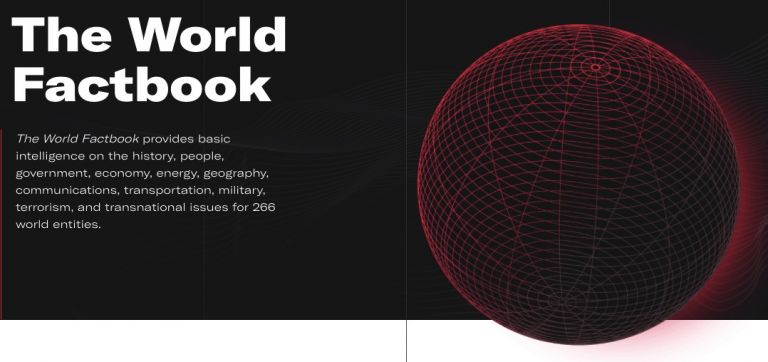
CIA World Data
The World Factbook provides information on the history, people, government, economy, geography, communications, transportation, military, and transnational issues for 267 world entities. Our Reference tab includes: maps of the major world regions, as well as Flags of the World, a Physical Map of the World, a Political Map of the World, a World Oceans map, and a Standard Time Zones of the World map.
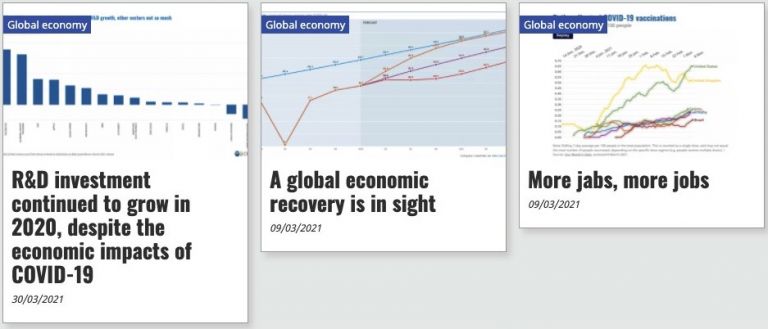
OECD Economic Data By Country
OECD uses its wealth of information on a broad range of topics to help governments foster prosperity and fight poverty through economic growth and financial stability. We help ensure the environmental implications of economic and social development are taken into account.
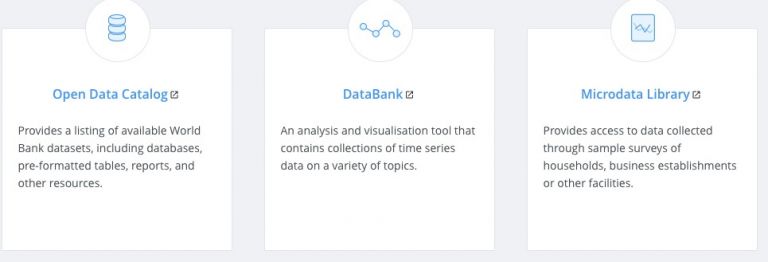
World Bank Data
The World Bank Group works in every major area of development. We provide a wide array of financial products and technical assistance, and we help countries share and apply innovative knowledge and solutions to the challenges they face.

United Nations Data
Official Documents and Bibliographic Databases, Treaties, Declarations and Legislative Sources, Statistical Data
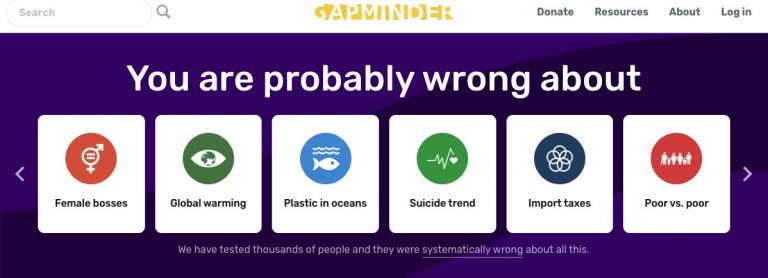
United Nations Data - Gapminder
Gapminder is an independent Swedish foundation with no political, religious or economic affiliations. Gapminder is a fact tank, not a think tank. Gapminder fights devastating misconceptions about global development. Gapminder produces free teaching resources making the world understandable based on reliable statistics. Gapminder promotes a fact-based worldview everyone can understand. Gapminder collaborates with universities, UN, public agencies and non-governmental organizations. All Gapminder activities are governed by the board. We do not award grants. Gapminder Foundation is registered at Stockholm County Administration Board. Our constitution can be found here.

United States Data
In 2014, Deloitte, Datawheel, and Cesar Hidalgo, Professor at the MIT Media Lab and Director of MacroConnections, came together to embark on an ambitious journey -- to understand and visualize the critical issues facing the United States in areas like jobs, skills and education across industry and geography. And, to use this knowledge to inform decision making among executives, policymakers and citizens.
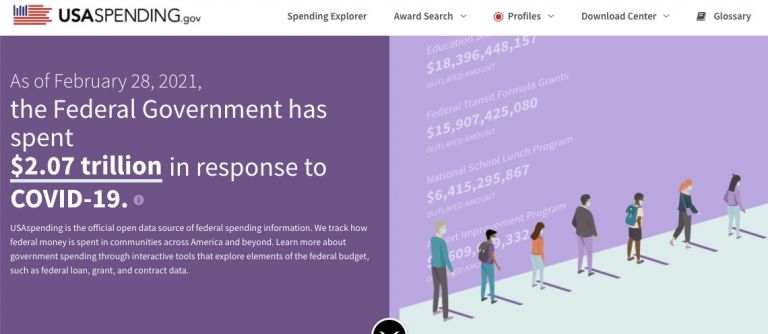
USA Government Spending
The Federal Funding Accountability and Transparency Act of 2006 (FFATA) was signed into law on September 26, 2006 and mandated the creation of a publicly available, searchable website that would provide the American public access to information on entities and organizations receiving federal funds. USAspending.gov went live in 2007 with data on prime recipient transactions. In 2008, the Government Funding and Transparency Act amended FFATA to include the reporting of sub-awards transactions by the prime recipients. In January 2014, the Office of Management and Budget gave the Department of the Treasury's Bureau of the Fiscal Service the operational authority of USAspending.gov and tasked Fiscal Service with making improvements to the site's usability, presentation, and search functionalities. Improvements to the data quality were not initially included nor do the improvements encompass the requirements of the Digital Accountability and Transparency Act of 2014 (DATA Act). The new USAspending.gov was launched in March 2015.

Free company information
We live in a corporate world – corporate entities now touch every part of our lives. The complex networks that form banks and financial companies; global tech giants that mediate our lives; shell companies used for money-laundering, organised crime and corruption – understanding this is critical to free and fair societies and the rule of law, as well as good business.
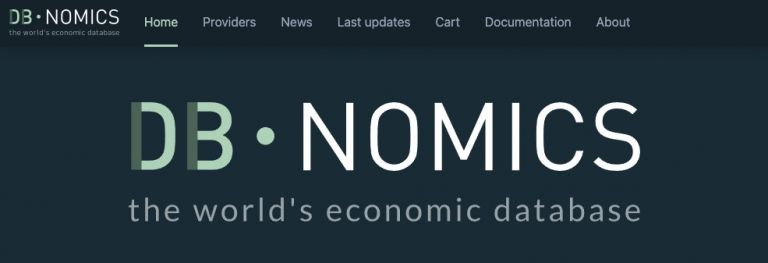
World's Economic Database
DBnomics is a free platform to aggregate publicly-available economic data provided by national and international statistical institutions, but also by researchers and private companies. The value-added is a unique economic database with wide, systematic coverage of economic data. The field of data covered by DBnomics is economics in its broadest sense. The data included also covers population and living conditions, environment and energy, agriculture, finance, trade, etc. The only restrictions for the moment concern the nature of the data, which must be time series, and the frequency of the data, which must be daily at most.
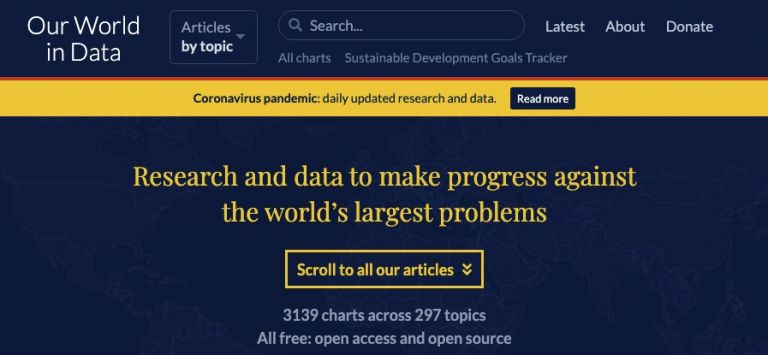
Our World in Data
Poverty, disease, hunger, climate change, war, existential risks, and inequality: The world faces many great and terrifying problems. It is these large problems that our work at Our World in Data focuses on. Thanks to the work of thousands of researchers around the world who dedicate their lives to it, we often have a good understanding of how it is possible to make progress against the large problems we are facing. The world has the resources to do much better and reduce the suffering in the world. We believe that a key reason why we fail to achieve the progress we are capable of is that we do not make enough use of this existing research and data: the important knowledge is often stored in inaccessible databases, locked away behind paywalls and buried under jargon in academic papers. The goal of our work is to make the knowledge on the big problems accessible and understandable. As we say on our homepage, Our World in Data is about Research and data to make progress against the world’s largest problems.

International Monetary Fund
The IMF publishes a range of time series data on IMF lending, exchange rates and other economic and financial indicators. Manuals, guides, and other material on statistical practices at the IMF, in member countries, and of the statistical community at large are also available

World Trade Organization
The World Trade Organization (WTO) is the only global international organization dealing with the rules of trade between nations. At its heart are the WTO agreements, negotiated and signed by the bulk of the world’s trading nations and ratified in their parliaments. The goal is to ensure that trade flows as smoothly, predictably and freely as possible.
